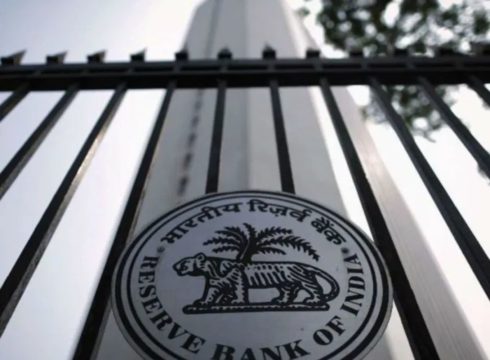SUMMARY
The announcement comes a day after the RBI temporarily barred HDFC Bank from selling new credit cards or launching new digital banking initiatives
The digital banking app of SBI, YONO also faced service outages on Thursday, the second time in a week that the bank was struggling with the service
According to the data shared by NPCI, about 10 of the top 30 banks have recorded a failure rate of over 3% in September 2020
Inc42 Daily Brief
Stay Ahead With Daily News & Analysis on India’s Tech & Startup Economy
RBI Governor Shaktikanta Das on Friday said the central bank will be introducing digital payment security control directions for regulated entities.
The announcement comes a day after the RBI temporarily barred the largest private sector lender HDFC Bank from selling new credit cards or launching new digital banking initiatives, taking a serious view of service outages at the systemically important bank over the last two years.
The digital banking app of the country’s largest lender State Bank of India (SBI), YONO also faced service outages on Thursday, the second time in a week that the bank was struggling with the service.
Such a move will improve the security of digital payment channels and also convenience for users, Das said in a statement released after the bi-monthly review of the monetary policy.
“These directions will contain requirements for robust governance, implementation and monitoring of certain minimum standards on common security controls for channels like internet and mobile banking, card payments, etc,” Das said.
Draft directions on the same will be issued soon for public comments, he added.
With the growth in digital payments through the Unified Payments Interface (UPI) network, the surge in failed transactions has also become a worry for some of India’s leading banks.
According to the data shared by the National Payments Corporation of India (NPCI), about 10 of the top 30 banks have recorded a failure rate of over 3% in September 2020.
Nine of these 10 banks are state-owned, with the United Bank of India recording the highest rate of technical declines at 12.4%. It was followed by Canara Bank at 5.9% and State Bank of India at 5.3% in September. In comparison, the technical decline rates for most of the top thirty banks stood at less than 1% before July, according to NPCI data.
Given the banking and payments regulations in India, most fintech startups have partnered with banks that are running on a weak infrastructure.
PhonePe suffered in a major way earlier this year when the RBI imposed a moratorium on YES Bank. At the time, speaking to Inc42, Siddarth Pai of 3one4 Capital had said, “YES Bank was a boon to fintech startups and was one of the first banks to embrace them by opening up their APIs. The spillover effect of this will severely curtail operations. This must be taken as an opportunity by fintech startups to broad-base their banking partners and not rely solely on one.”
Note: We at Inc42 take our ethics very seriously. More information about it can be found here.


